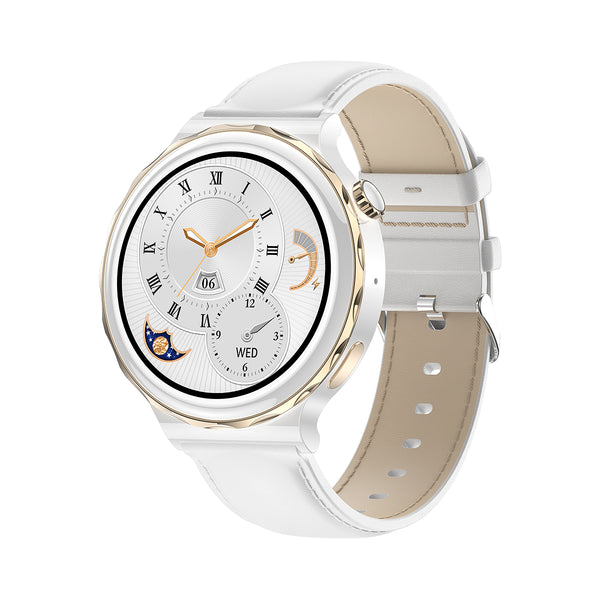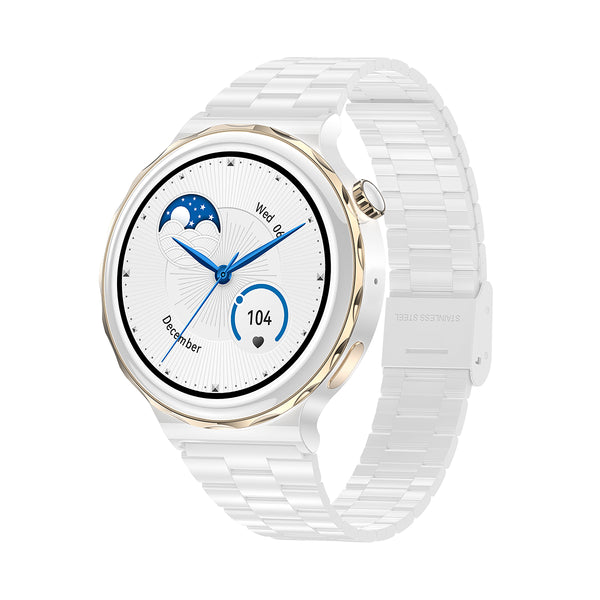Sleep Tracker Smart Watch
We've all heard the age-old advice that it's not wise to go to bed immediately after a big meal. But how much truth is there to this wisdom, and why is it essential to allow a certain amount of time to pass between eating and sleeping? In this blog, we will explore the science behind this advice and provide guidelines on the ideal timeframe to ensure a good night's sleep and overall well-being.
Digestion and Sleep
The body's digestive system plays a crucial role in breaking down the food we consume, extracting nutrients, and providing energy. However, digestion is an energy-intensive process that can interfere with your ability to fall asleep and enjoy restorative sleep if it's happening too close to bedtime.
Here's why:
-
Acid Reflux: Lying down immediately after eating can lead to acid reflux or heartburn, a condition where stomach acid flows back into the esophagus. This can cause discomfort and disrupt sleep.
-
Sleep Disruptions: Digestion can divert blood flow away from your muscles and brain, making you feel sluggish and less rested during sleep.
-
Weight Gain: Eating late at night has been linked to weight gain and obesity. When you eat close to bedtime, your body is less efficient at metabolizing the calories, which can lead to fat storage.
Ideal Time Gap Between Eating and Sleeping
While individual tolerance to food intake before bedtime varies, it's generally recommended to allow at least 2-3 hours to pass between your last meal and bedtime. This allows your body sufficient time to digest the food properly and reduces the risk of sleep disturbances and other health issues.
Tips for a Healthier Eating-Sleep Schedule
-
Light Evening Meals: If you're hungry before bed, opt for a light, easily digestible snack rather than a heavy meal. Foods like yogurt, fruit, or whole-grain crackers are good choices.
-
Avoid Trigger Foods: Some foods, such as spicy, acidic, or high-fat dishes, are more likely to cause acid reflux. Avoid them in the hours leading up to bedtime.
-
Stay Hydrated: While large quantities of fluids right before bed can lead to nighttime awakenings, it's essential to stay hydrated. Consume most of your fluids earlier in the day and limit water intake in the evening.
-
Plan Your Evening: Create a bedtime routine that includes relaxation and winding down. Avoid engaging in mentally or physically stimulating activities immediately after eating.
The ideal time gap between eating and sleeping is around 2-3 hours, allowing your body to digest food properly and avoid common sleep disturbances. While it's essential to listen to your body and adjust based on individual comfort levels, following these guidelines can help improve your sleep quality and overall well-being. A mindful approach to your eating-sleep schedule can lead to more restful nights and better health in the long run.
Elevate your sleep routine with Twellmall's Sleep Tracker Smartwatch. Monitor your sleep patterns, make healthier eating choices, and wake up refreshed. Experience better sleep today!













